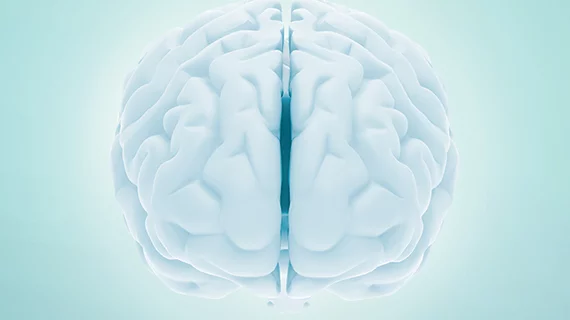Mount Sinai researchers debut AI tool capable of identifying Alzheimer’s
Researchers from the Icahn School of Medicine at Mount Sinai have developed an AI platform that’s reportedly capable of detecting a range of neurodegenerative diseases in human brain tissue samples, according to a study published in the February issue of Laboratory Investigation.
To develop the Precise Informatics Platform, lead investigator John Crary, MD, PhD, and colleagues applied machine learning to a host of digitized microscopic slides that had been prepared using slices of brain tissue from patients with neurodegenerative conditions like Alzheimer’s and chronic traumatic encephalopathy. The team then used deep learning to build a convolutional neural network capable of identifying certain biomarkers.
One of those markers was neurofibrillary tangles, which, when characterized by a buildup of abnormal tau proteins, can indicate Alzheimer’s disease, encephalopathy and other age-related diseases. The authors said their model could identify neurofibrillary tangles with a “high degree of accuracy” directly from digital images.
The Precise Informatics Platform also allows for data management, visual exploration, object outlining, multi-user review and evaluation of deep learning algorithm results, according to a release.
“Utilizing artificial intelligence has great potential to improve our ability to detect and quantify neurodegenerative diseases, representing a major advance over existing labor-intensive and poorly reproducible approaches,” Crary said in the release. “Ultimately, this project will lead to more efficient and accurate diagnosis of neurodegenerative diseases.”

